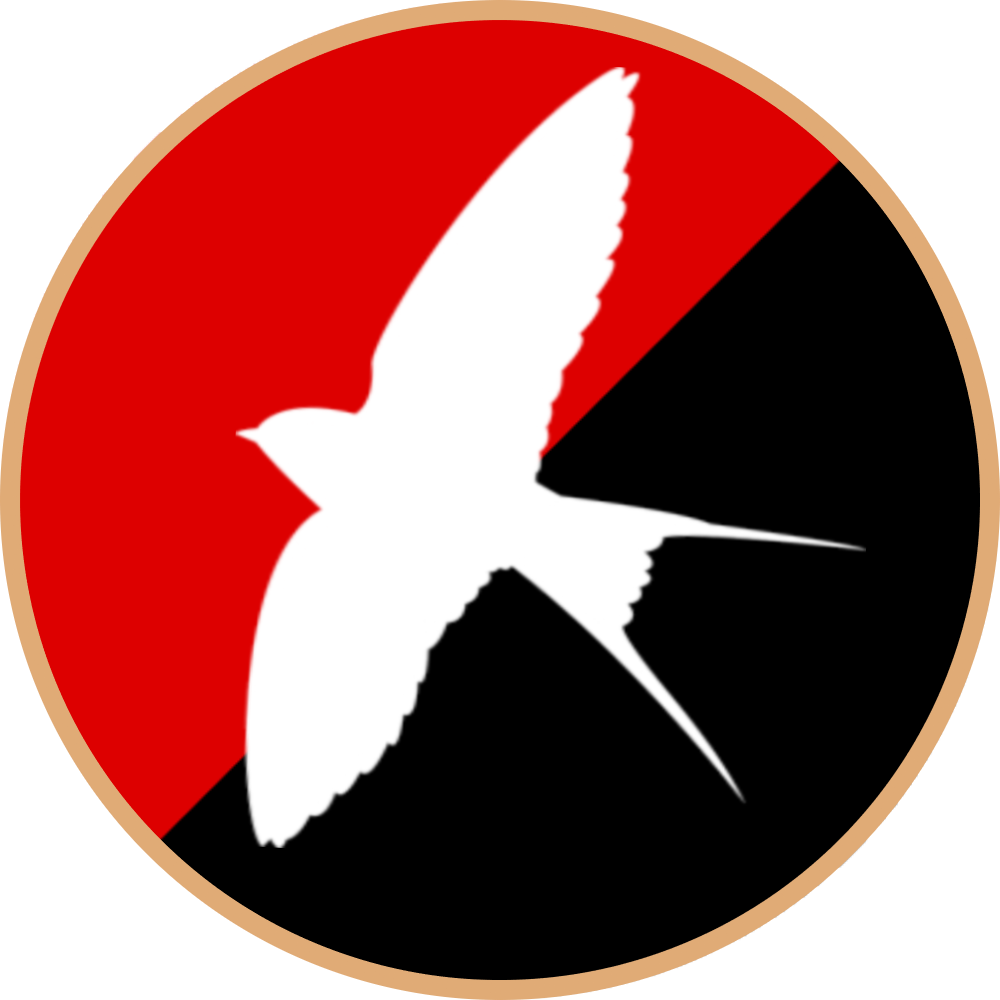30th November 2020
by John Urquhart, Party general secretary
This is the first part of a series on Harmony’s structures and processes. You can find the second part here, the third part here, and the fourth part here.

Our new party is fairly unusual.
As you may have already heard – or know – we don’t have a leader. Or leaders, really: we have organisers.
Our structure is quite odd in that we are made up of many parts, but all of those parts are also a whole. And they can act in either capacity. We have “assemblies”, which are gatherings of people who are interested in specific things – whether that be an area of policy, or the financial workings of the party. And together, they make decisions, just by talking about them – or voting on them.
We’re a direct democracy, but participation is what counts: people can participate, if they want. Or not, if they want. We’ll even be building processes and structures within the Party that make it easy for people to do very small amounts of work – so that many people’s effort can add up together.
And what’s more, we’re open: non-members get a say in our decision-making process, because the discussion phase can be the final phase if we can “harmonise” the options.
If we can’t, of course, we still vote – and then only members can take part – but many of the smaller, quicker, day to day decisions are by debate and discussion only. This means activists who aren’t members are integral to the party – and for many parties, these people are actually the bulk of the support. Listening to them is utterly crucial.
But to actually give them a direct say is, I think it’s fair to say, pretty radical.
This Saturday, the Party is going to step towards producing its first major policy decision: what we’re calling the Policy Framework. And did I mention that we’re an open democracy?
You can come have a say in what goes into that Framework if you so wish: anyone can.
What will be happening is this: we’ll meet on Zoom on Saturday afternoon and discuss options for the Framework, building on work we’ll have done this week on the Moot (our chat & coordination platform). Anyone who can’t make the Zoom call can leave their thoughts on the Moot – and we’ll make sure to discuss their viewpoints too.
We’ll produce a short list of clear statements that will give the outside world a better idea of what we are about. You know why we are about: the Labour Party is no longer worth supporting, and there is no other viable option available that gives enough say to its members – and the need for a genuine new option has never been greater in our lifetimes.
We’ll spend a week to discuss them further, if necessary. We may end up voting if there’s division. But what falls out will be Party consensus: and our Media Working Group will then – again, democratically – forge methods to inform everyone else of what we’ve decided.
And those statements we produce will probably be fairly general. But that’s the point. We’ll produce the finer details in the months to come: with many more similar meetings to what’s already been happening on Wednesday.
We have plans to hold Webinars, too, down the road, to invite expert opinion into the room. We’ll seek out and invite people along who’ll bring interesting perspectives, and we’ll build a manifesto for 2024 that’s very much “by the people” – and just as much for you, too.
These will be held in the early part of next year, after our first round of informal chats on policy – as much for members and potential members to get to know each other as they are to get ideas on our collective drawing board – concludes.
And you can take part in any of it.
Want to?
Go check out our Digital Events page.
Or come talk to us on the Moot.
